Factories continue to pour wastewater into Marmara Sea despite 'sea snot' outbreak
As the mucilage outbreak in the Marmara Sea continues to expand, factories were spotted pouring wastewater into the sea.
Duvar English
A number of factories in the Marmara region were spotted pouring wastewater into the sea despite the grave "sea snot" outbreak that authorities are currently failing to prevent.
A thick slimy layer of the organic matter, known as marine mucilage, has spread through the sea south of Istanbul, posing a threat to marine life and the fishing industry.
Harbors, shorelines, and swathes of seawater have been blanketed by the viscous, greyish substance, some of which has also sunk below the waves, suffocating life on the seabed.
Although Turkey's Environment and Urbanization Minister Murat Kurum vowed to tackle the problem, the solution is nowhere in sight due to the ongoing pollution.
In a video shared by a Twitter user on June 6, a factory in Bandırma is seen pouring untreated wastewater into the sea.
Bandırma Bagfaş Gübre fabrikasından Marmara denizine basılan arıtılmamış zehirli su . 😡 pic.twitter.com/Vkvvo4O6Ch
— İmam Khristos (@khristos_imam1) June 6, 2021
In another video shared by Yol TV, a treatment facility in Dilovası Organized Industrial Site is seen doing the same.
Marmara'yı kaplayan müsilaj işte böyle artıyor: Dilovası OSB'deki bir arıtma tesisinden akan atıksuyu bir izleyicimiz böyle görüntüledi 👇 pic.twitter.com/s0FeZc6RUS
— Yol TV (@YolTV) June 7, 2021
Various social media users branded the said factories as "real terrorists" for their continued damage to the environment.
Strikingly, Transport and Infrastructure Minister Adil Karaismailoğlu said that President Recep Tayyip Erdoğan's Kanal Istanbul project is the solution to the mucilage problem.
"The Black Sea is cleaner than the Marmara Sea. The rivers flowing to the Black Sea will flow into Marmara when Kanal Istanbul is completed. This will increase the quality of the Marmara Sea and end sea snot," Karaismailoğlu said on June 8, prompting surprise among many due to the expected environmental disasters if the artificial seaway is in fact constructed.
Dubbed Erdoğan's "crazy project," the canal will connect the Black Sea north of Istanbul to the Marmara Sea to the south and is estimated to cost 75 billion lira ($9.2 billion).
The government says it will ease shipping traffic on the Bosphorus Strait, one of the world’s busiest maritime passages, but like other major infrastructure projects undertaken during Erdoğan's 19-year rule, the canal has drawn criticism from those who say it will wreak environmental havoc and pollute freshwater resources around the city of 16 million people.

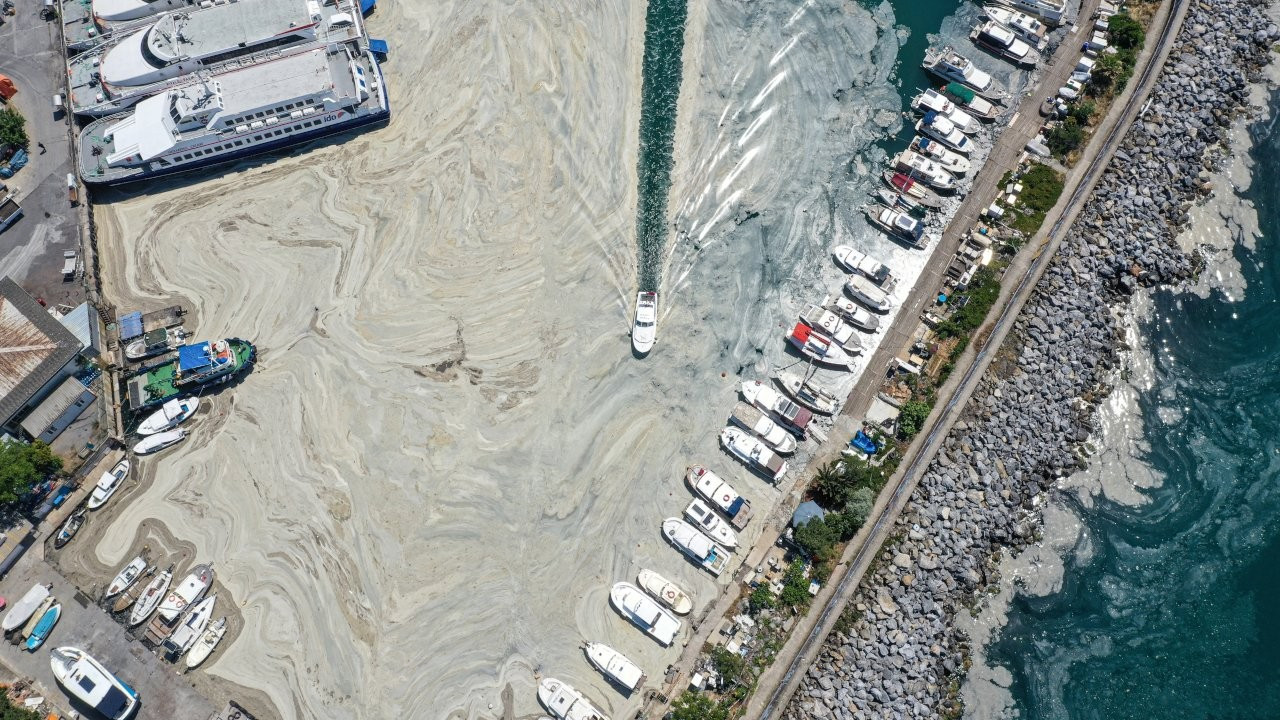 Harrowing time-lapse video shows 'sea snot' invading Marmara SeaEnvironment
Harrowing time-lapse video shows 'sea snot' invading Marmara SeaEnvironment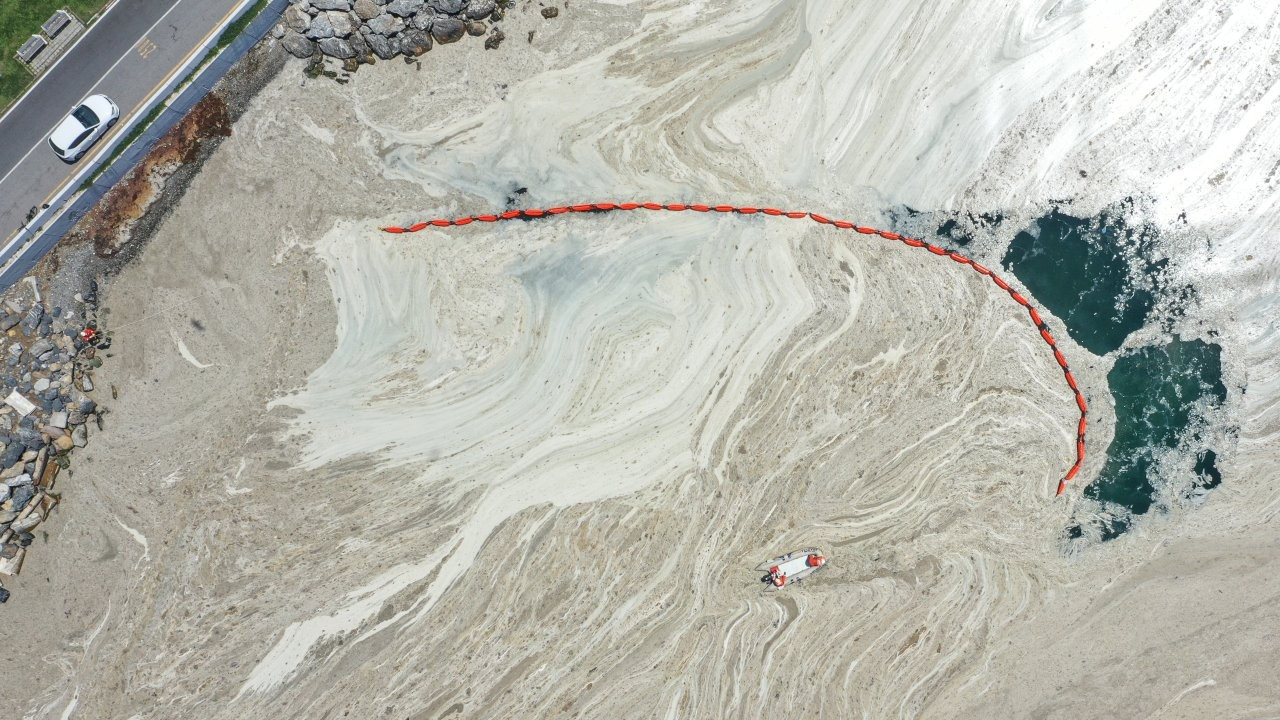 Turkey says it will defeat 'sea snot' outbreak in Marmara SeaEnvironment
Turkey says it will defeat 'sea snot' outbreak in Marmara SeaEnvironment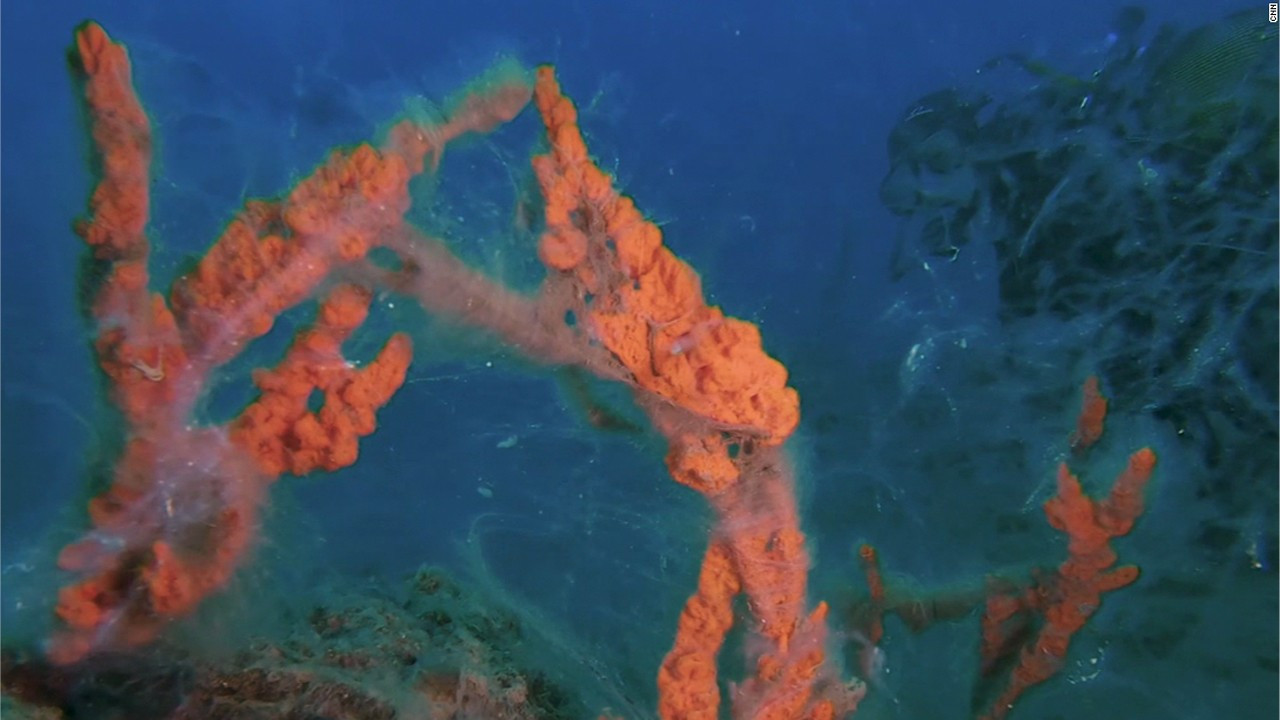 CNN's underwater footage reveals mucilage suffocating Marmara SeaEnvironment
CNN's underwater footage reveals mucilage suffocating Marmara SeaEnvironment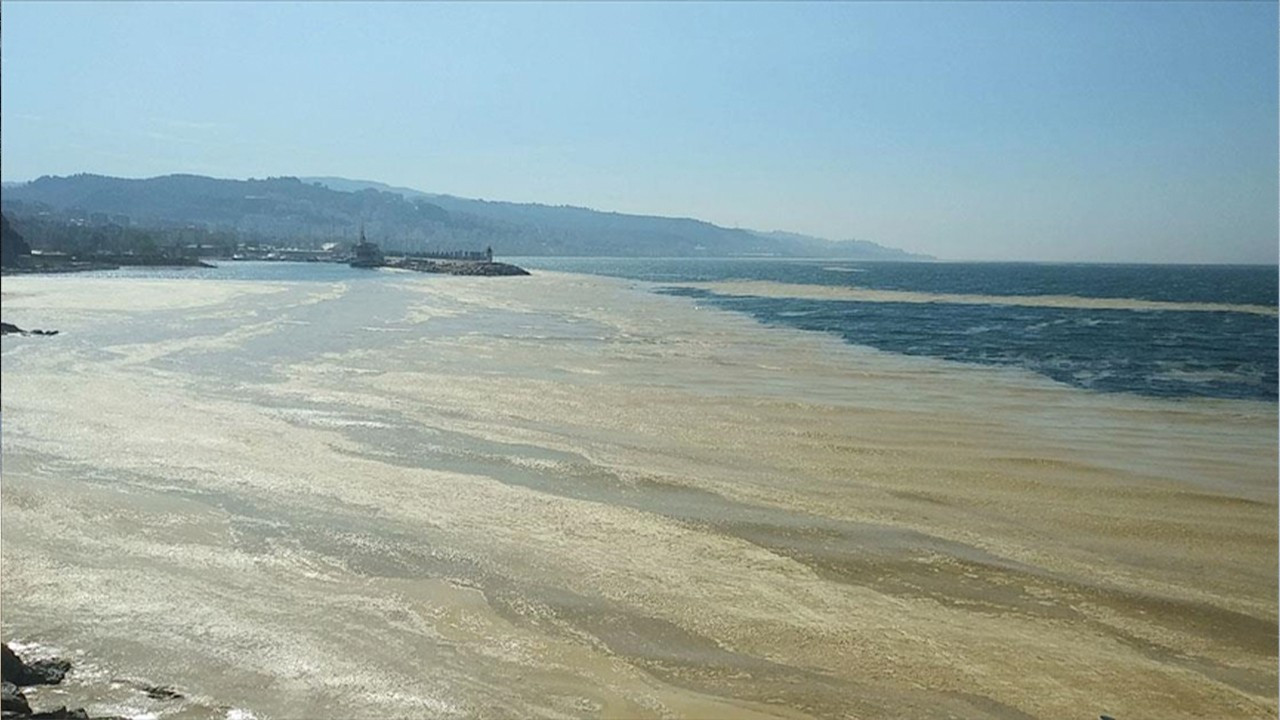 Istanbul faces cholera outbreak due to excessive 'sea snot'Environment
Istanbul faces cholera outbreak due to excessive 'sea snot'Environment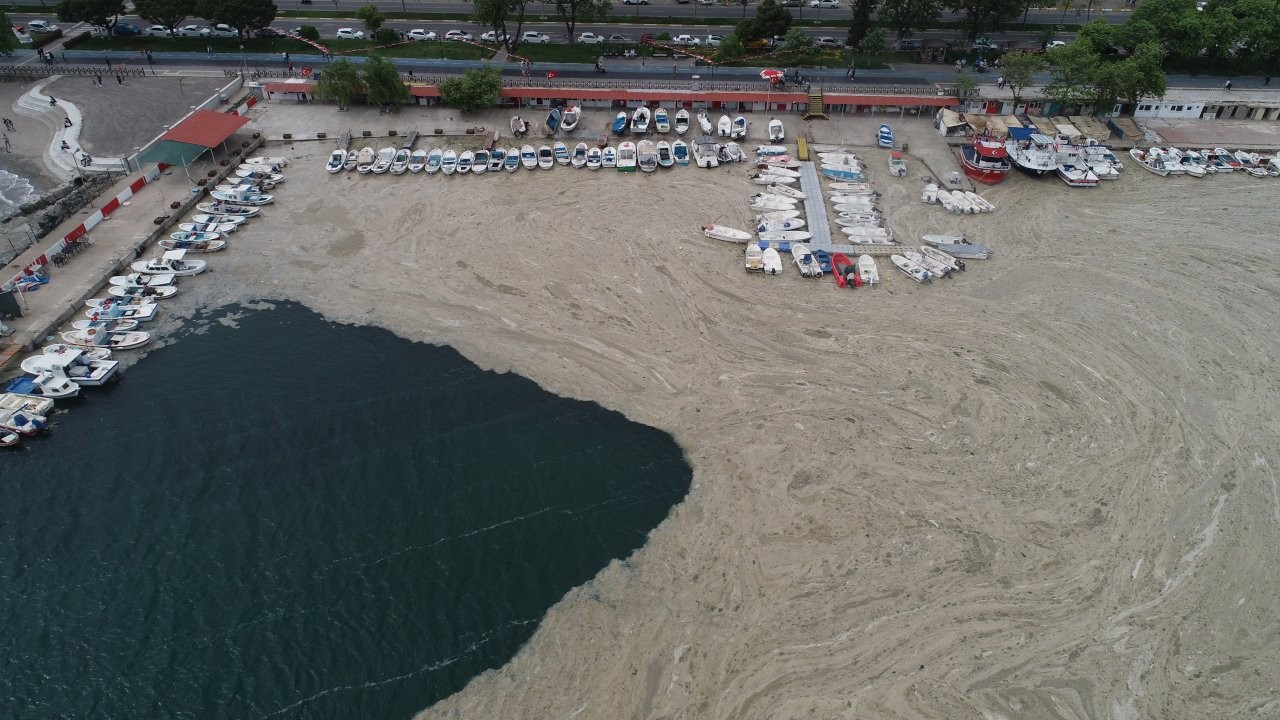 The sea is dying: Turkish experts alarmed as 'sea snot' covers surface, coastsEnvironment
The sea is dying: Turkish experts alarmed as 'sea snot' covers surface, coastsEnvironment